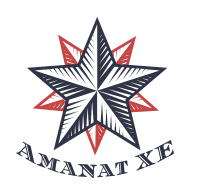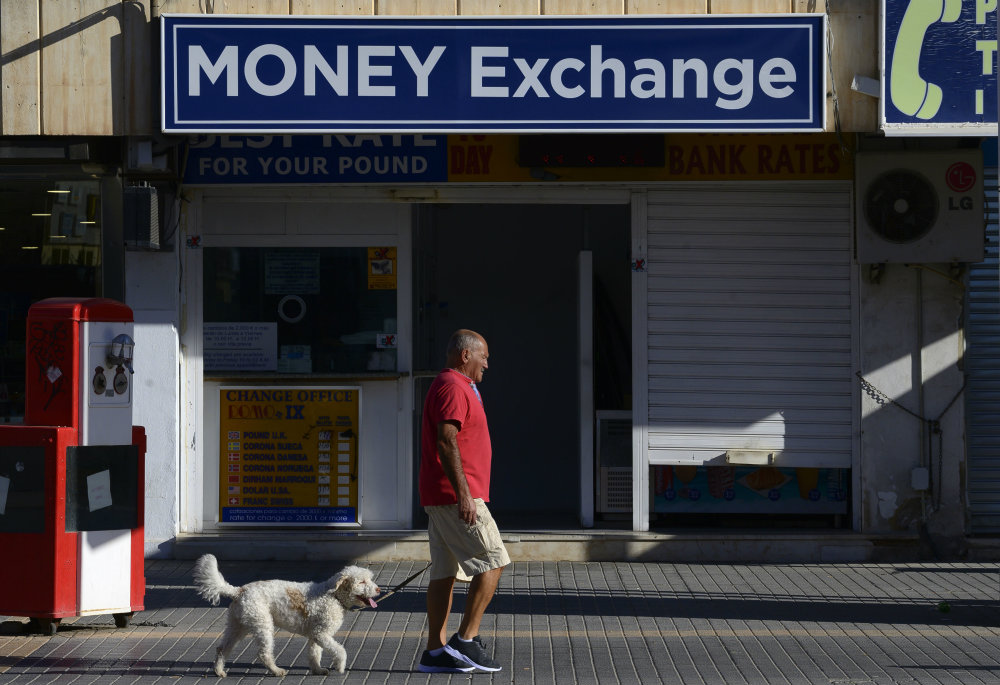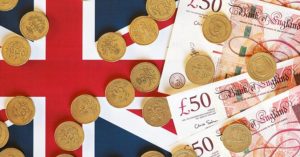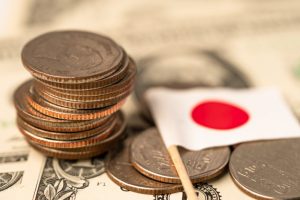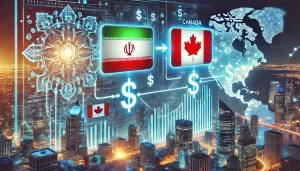In this article, we will examine the sarafi in Norway and the Irani sarafi in Norway, along with their full addresses and details, so that if you live in this country or travel to Norway, you can use the money transfer facilities or money transfer services in this country. use
Norwegians have the second highest GDP per capita among European countries after Luxembourg and the sixth highest GDP per capita in the world. Today, monetary value Norway, with the largest capital reserves in each country, is the richest country in the world in terms of monetary value. According to World Facebook, Norway is a net foreign debt credit. Norway held the top spot on the Human Development List for six consecutive years, 2006-2000, and then revived it in 2009. Life expectancy in Norway is among the highest in the world. Foreign Policy magazine in Norway ranked last in the list of failed cases for 2009 and considered Norway as a country with a functioning and stable world. Norway ranks fourth in the ACD, which in 2013 equaled a better life expectancy and a third in intergenerational income elasticity
So Norway seems to be one of the richest countries in the world. There are many Iranis in this country and they may intend to send money to Iran from this country by visiting sarafis in different cities such as Oslo and Trondheim. Therefore, it is necessary to first get acquainted with the financial and banking structure of this country and then discuss Irani sarafis in Norway.
Banks and sarafis in Norway
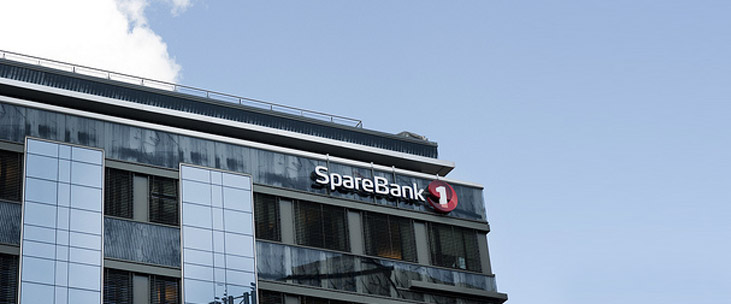
Norway is not a member of the European Union, but is committed to implementing the financial industry guidelines through the EEA Agreement between the EU and Iceland, Liechtenstein and Norway. This means that freedom of establishment and freedom to provide services include the following
- All EEA institutions, including EU members wishing to provide services in Norway
- Norwegian institutions wishing to provide their services in the EEA
An institution that accepts both deposits and offers credit must have a banking license under Norwegian law. The main law that applies to banks is the Financial Obligations Law and the Financial Groups Financial Obligations Law, which applies from 1 January 2016 has reached the implementation stage
financal law regulation
The law regulates the financial obligations of the following financial companies
- Credit institutions
- Asset companies
- Holding companies in financial groups.
- Payment institutions
- Electronic money institutions
- Insurance and pension institutions
Norwegian banks and sarafis that provide investment or investment fund services are also subject to the following law Securities Trading Act 2007. Implements this Directive 2014/65 / IU in the financial instruments market. This article is supplemented by the Provisional Regulations of December 4, 2017, which will be replaced by permanent amendments to the 2007 Securities Trading Law following the decision of the Norwegian Government. Interim Regulations Implement Regulation 600/2014 in the financial instruments market. Investment Fund Act 2011. This Directive implements EC / 65/2009 for commitments relating to collective investments in transferable securities and part of EC / EC Directive 2014/91 on deposit functions, policies Executes rewards and punishments
Alternative Investment Fund Act 2014. This 2011 Guideline implements the Guidelines for Alternative Investment Fund Managers. All financial companies are subject to the 1956 Financial Supervision Act. Norway also implements EU / 2015/849 Directive on preventing the use of the financial system for money laundering or terrorist financing The fourth EU Anti-Money Laundering Directive in the Anti-Money Laundering Act 2018
Documents required to provide banking and exchange services in Norway
Deposit money
Financial institutions that want to take deposits from the public must be licensed as a bank. Norwegian non-bank credit institutions can receive repayable funds other than deposits by issuing bonds or other securities. EEA credit institutions that provide services under a NIS government license in Norway can deposit a work permit in Norway if authorized
Loans and other credits
Loans and other forms of credit are regulated by extending the validity of an activity and require a license or passport. Norwegian financial institutions without a banking license can grant loans or other credits on the basis of a license as a non-bank credit institution or as a financial company, and usually provide themselves in the bond market. Today, mortgage lenders operate in the “securities” market. These are usually owned by banks or savings banks and obtain loan bonds from banks. Investment companies need a separate license to provide loans in connection with their investment activities
Foreign currency transfer
Foreign exchange transactions can be done by banks, payment institutions, e-money institutions and financial companies, as well as foreign passport holder credit institutions, payment institutions and e-money institutions and sarafis in Norway, all of which are subject to appropriate licenses. Trading in foreign exchange derivatives can only be done by an institution licensed by an investment company
What kind of banks and sarafis are there in Norway?
State-owned banks
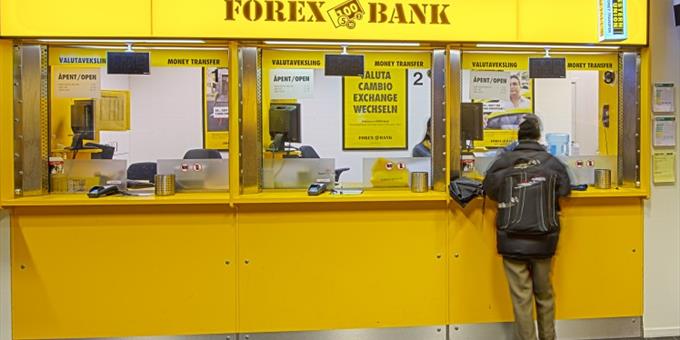
There are several government agencies providing financial services in the Norwegian market. In general, they have a duty to provide credit for their chosen goals, including the following
Do not go to the State Housing Bank J. Housbank, which is responsible for financing public housing. By using or combining start-up loans, housing grants and housing grants, the goal is to ensure that more people can earn a living as a homeowner or tenant. The Norwegian Lankazen State Education Loan Fund provides loans and scholarships for Norwegian students and Norwegians studying abroad. The purpose of educational support is to promote equal opportunities for education. Innovation Norway is a government tool for innovation and development of Norwegian companies and industry. IT provides competency, consulting, advertising and networking services. In connection with banking services, it offers all kinds of loans, subsidies and guarantees to people who are primarily innovators. In addition to financial support, IAN offers a variety of consulting services through local offices throughout Norway and around the world.
Global banks, commercial and retail banks
The banking industry is dominated by two major commercial banks, DNB Bank and Nordia Bank, Norgel Branch and two groups of savings banks. Ika Group and Spare Bank Group 1. Savings banks operate independently within groups, but also have specific joint activities and a common brand. Norwegian banks, with the exception of state-owned banks, serve commercial and retail business and, depending on their license, can offer banking and investment services, sometimes referred to as global banks. Commercial banks must be listed either as a public limited liability company or a private limited liability company with a share capital of at least € 5 million or the equivalent in any other currency.
Investment banks
The term investment bank is not used in Norway unless the entity has a banking license. Investment companies Investment companies provide MIFD services under an MIFD license.
Private banks
The State Department must evaluate and approve all shareholders who own or acquire a qualifying amount, usually 10% or more of the shares in a financial company. The general policy of the government for a long time has been that no more than 20% of the ownership is approved by any of the beneficial owners and therefore there are no private banks owned by a few private shareholders.
sarafi in Norway
Oslo sarafi
Whether you live in Oslo or have traveled to the city because of its rich maritime history and unique cultural heritage, you should visit its reputable sarafis to convert your currency to the Norwegian krone. The city of Oslo is a thriving cosmopolitan area with more than 30% of its inhabitants living abroad. If you come to Oslo for work, study or business, you must obtain Norwegian kroner. Life in Norway is not cheap, so it’s worth doing your research to make sure you get the best currency on your exchange.
Travel to Norway is very expensive. You need a lot of Norwegian kroner in your wallet to be able to see it. But at least you can do that by trading your currency. Compare the exchange rate given to you using a currency converter. Make sure the deal you make is really fair. If possible, avoid exchanging cash at and around airports and hotels. These points are notorious for worsening prices. ATMs are a great option for fast cash. Contact your local bank at home to see if they work with any Oslo-based bank. You may save money by using their ATMs. Do not allow external ATMs to perform any conversions for you. Instead, choose to do it in krone
Currency exchange fee in sarafi
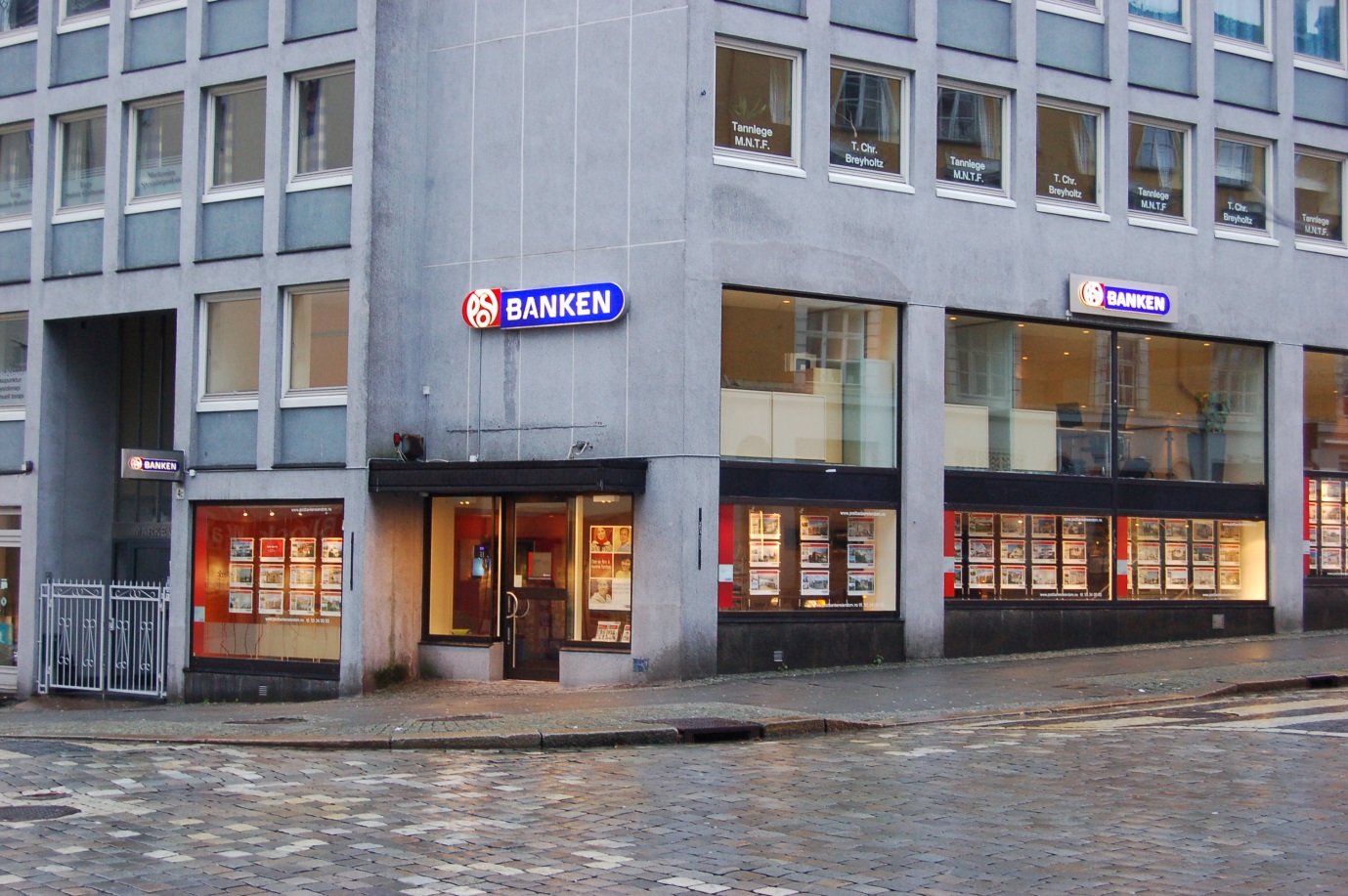
The average market rate is the only real exchange rate. This is the rate that banks use to trade money in global markets, as you will find in Google. This is the base rate without any commission or fee listed when searching for your currency online compared to other currencies. The average market rate can be a criterion for assessing whether your bid rate in Oslo is fair. Do not trust the “zero zero commission” signs, the cost is usually hidden by the weak exchange rate you are given. You can find the average market rate by using the currency converter online on your smartphone. This indicates the mid-market exchange rate for the currency to be converted into Krone NOK and also follows the fluctuation rate.
You may need to buy to get the right currency deal. Make sure you consider any costs, these can be commissions or transaction costs as well as promotional exchange rates. Airports and hotel exchange services are unlikely to offer good rates, so try to find a branch in the city instead. On the other hand, it is a good option to withdraw money directly from the ATM. If you are thinking of doing this, ask your bank at home if it works with any Norwegian bank. If they do, you may be able to use your ATMs when traveling to reduce costs. Also, if you plan to use your card abroad, be sure to recommend it to your home bank
Using ATM
If you use a foreign bank card at an ATM in Norway, you may have to Ask us if you would like this transaction to be charged in your home currency. On-screen messaging may lead you to believe that this is the best option for you, but it is actually a potential reduction. You will usually receive a fairer rate by choosing to charge in local currency, so you will be charged at NOK instead. For your trip, try to budget yourself to know how much currency to exchange. If you return the cash to your home currency, you will be charged twice for the conversion. So to avoid double costs, spend the amount you exchange
In which sarafis in Oslo should we convert our currency?
If you bring cash to Norway, you should exchange it and find a place to change it. Currency exchange in Oslo is not difficult, but you still have to make sure how much money you receive. To find the fairest deal, you will need to consider not only the costs but also the exchange rates offered. If you need to exchange currency, if you enter Oslo, here are some of the offered exchange services in Oslo.
Forex
Forex an Irani sarafi in Norway : Locations, with 7 locations across Oslo, use a branch of this and type “Oslo” to be closest to you. Get ready – the site is in Norwegian only. Contact information: General questions can be sent to info@forex.no, working hours: office hours are different. Some of them are open on weekdays, others have weekends. See branch details for more information
Ria Norway Exchange, Irani sarafi in norway: Places: Oslo Terminal Bus Terminal: Swigardsgate 6 / Sturgata Branch Bus Terminal: Sturgata 19-21 Sultan Bazaar Branch: Swigardsgate 17, Phone: +46 0 86.79.75.09 Opening hours of Terminal Branch : Monday to Friday 6: 30-21: 30, Saturday 7: 30-21: 30, Sunday 9: 30-19: 30, Storgata Branch of the Irani sarafi in norway : Monday to Friday 8: 30-19: 30, Saturday 10: 00 – 18:00, Sunday 12: 00- 18:00, Sultan Bazaar Branch: Monday, Wednesday, Friday 7: 30-20: 30, Tuesday 8: 30-20: 30, Thursday 7: 30-19: 30 Saturday 9:30 – 20:30, Sunday 11: 00-18: 30
Traux Exchange, Irani sarafi in norway : Address: Karl Johannes Gate 1, Oslo Entrance from Gernabenturg
Phone number +47 23 897122, working hours: Monday-Friday 9: 00-20: 00, Saturdays 9: 00-18: 00, on the other hand, you can use Transwerwise and get an even better deal. If you have a Norwegian bank account, or someone you know, you can deposit between accounts using the real mid-market exchange rate
sarafi in Trondheim, Norway
Trondheim is a city and municipality in Trondlog, Norway. It has a population of 199,039 and is Norway’s third most populous municipality, although it is the fourth largest metropolitan area. Trondheim Heim is located on the south coast of Trondheim Ford at the mouth of the Rudel River. The city is dominated by the Norwegian University of Science and Technology, the Scientific and Industrial Research Foundation, University Hospital Street and other technology-oriented institutions. The town was established in 997 as a trading post and served as the capital of Norway during the Viking period until 1217. From 1152 to 1537, the city was home to the Catholic archipelago of Nidaros
Since then, it has remained the seat of the Nidarus Lutheran Church and the Nidarus Cathedral. The municipality was incorporated in 1838. The current municipality dates back to 1964, when Trondheim merged with Bynst, Linstran, Strinda and Taylor. Trondheim has an international airport, Trondheim Airport, Werns, located in shtrdl, Norway’s fourth largest airport in terms of passenger traffic. Werns has other non-stop connections to cities such as London, Amsterdam, Copenhagen and Stockholm. Trondheim, Oslo is one of the busiest air routes in Europe with about 2 million passengers a year.
Forex Bank
Forex Bank offers currency exchange, currency consulting, traveler’s checks and money transfers. this is the largest exchange in the Nordic countries and they have 50 currencies in stock and has two branches in Trondheim: Monkgata 34 and Fusenkaya 1 in Trondheim Central Station. Opening hours: Monday – Friday: 8:30 am – 6 pm, Saturday and Sunday: closed. Second Branch and Exchange: Central Station, Fosenkia 1, 7010 Trondheim, Norway, Tel: +47 73 52 22 00, Working hours: Monday-Friday 9:30 am – 5 pm / Saturday 9 am – 4 pm It is closed at noon / Sunday.
Hypocritical sarafi in Trondheim, Norway
RIA is the third largest money transfer exchange in the world, with a network of more than 324,000 locations and services in 146 countries and territories. In addition to money transfers, RIA offers currency exchange at some of the best rates in Norway. RIA Currency Exchange Service facilitates the purchase and sale of foreign currencies and traveler’s checks. This system is fast, flexible and tailored to your needs. In hypocrisy, they have knowledgeable employees who are fluent in different languages to help you make informed decisions. This ensures that you get the right currency for your travel destination at the best exchange rate. The main branch of RIA is in Trondheim, an Irani sarafi in Norway, near Prince Gate and Inner Gates. Opening hours: Monday – Friday 9:30 am – 6 pm Time: 10:30 am – 5:30 pm, Sunday: Closed.
Spar Bank
SPARBANK SMART STORDAL BRANCH 0.8 MILES FROM AIRPORT, JOPMANSGAT 24, 7500 STORD El, Norway, Tel: +47 915 07 300, Working hours: Monday-Friday 10 am – 3 pm / Saturday-Sunday.
If you have any questions about sarafis in Norway and Irani sarafis in Norway, along with the address and full details of each, you can ask us through the contact link on the website
